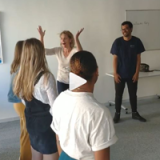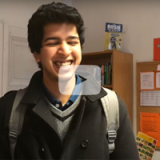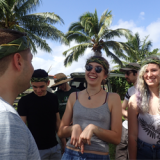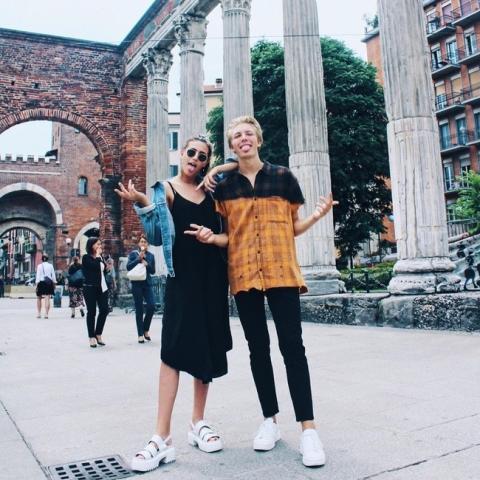👋 Happy World Emoji Day! 👋
If you haven't guessed by now, we kind of love using these little characters, simply for their ability to convey so much in one tiny symbol (like our favorite travel phrases). We're not alone—across cultures and around the world, emojis are like one common language. It feels so universal, right?
Not always! Some emojis mean different things in different cultures, which has us thinking twice before sending "👏" to friends in China, or "👌" to a colleague in South America (unless you want things to get real awkward). Frequent favorites also vary across the globe. Like, the French use ❤️ 4x more than other countries, while Arabic speakers are definitely plant people—using 🌼 and 🌱emojis 4x more than other languages.
These facts got us thinking, studying abroad in a new culture has so many layers outside of simply learning the language: new symbols, gestures, and expressions to understand. It may seem daunting, but who doesn't love a good challenge? 💪
No matter where you choose to study abroad, how you connect with people in a different culture will be put to the test. The reward is worth it—is there any better feeling than perfectly pronouncing eichhörnchen (🐿️) or finally having a word to explain longing for a faraway place?
So how to get there? We’d suggest learning “How do you say _______? ” as a start. And that's just the tip of the cultural iceberg—check out these students' adventures cracking the codes of slang, culture, and everything in between.
Even if the cultural differences feel overwhelming, or the language barriers seem insurmountable, remember that some things, like laughter and kindness (and some emojis 😉), are universal.










